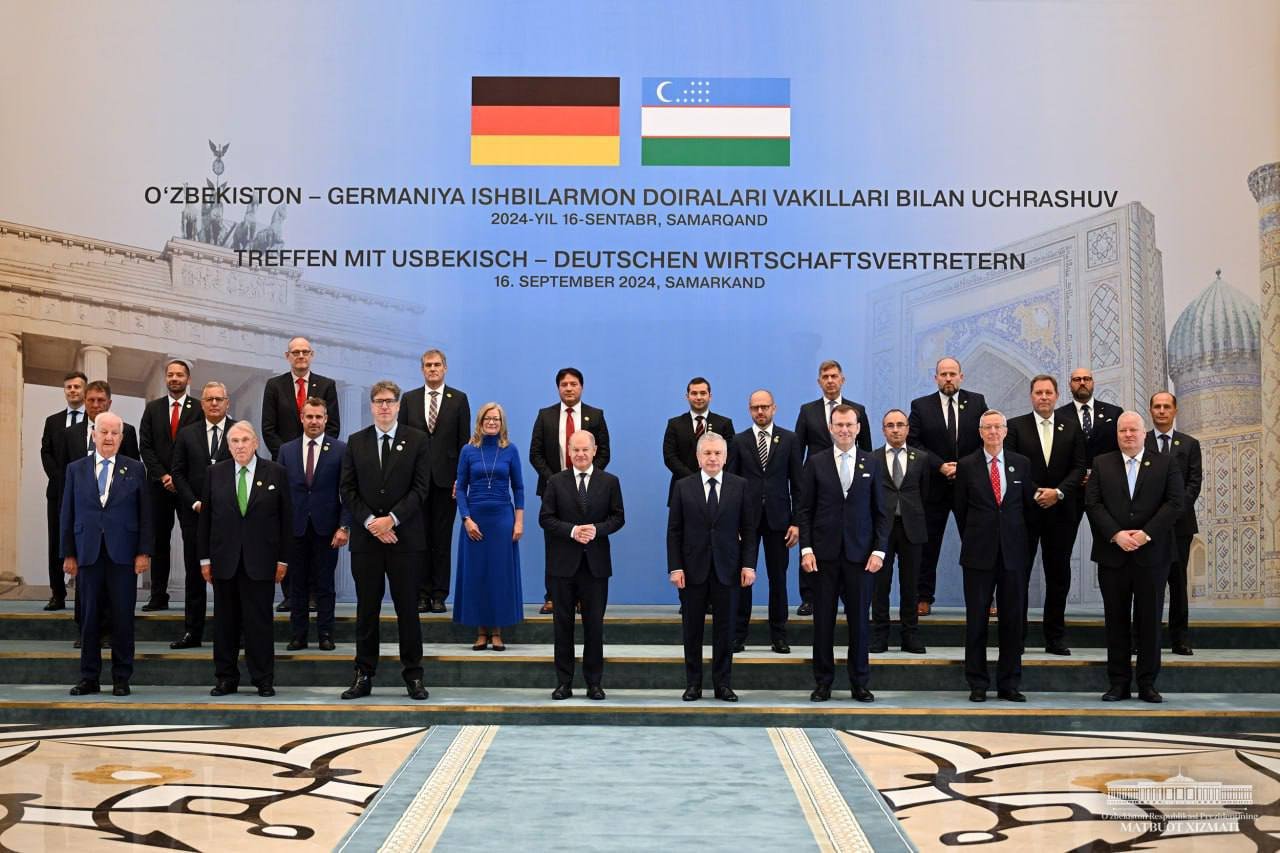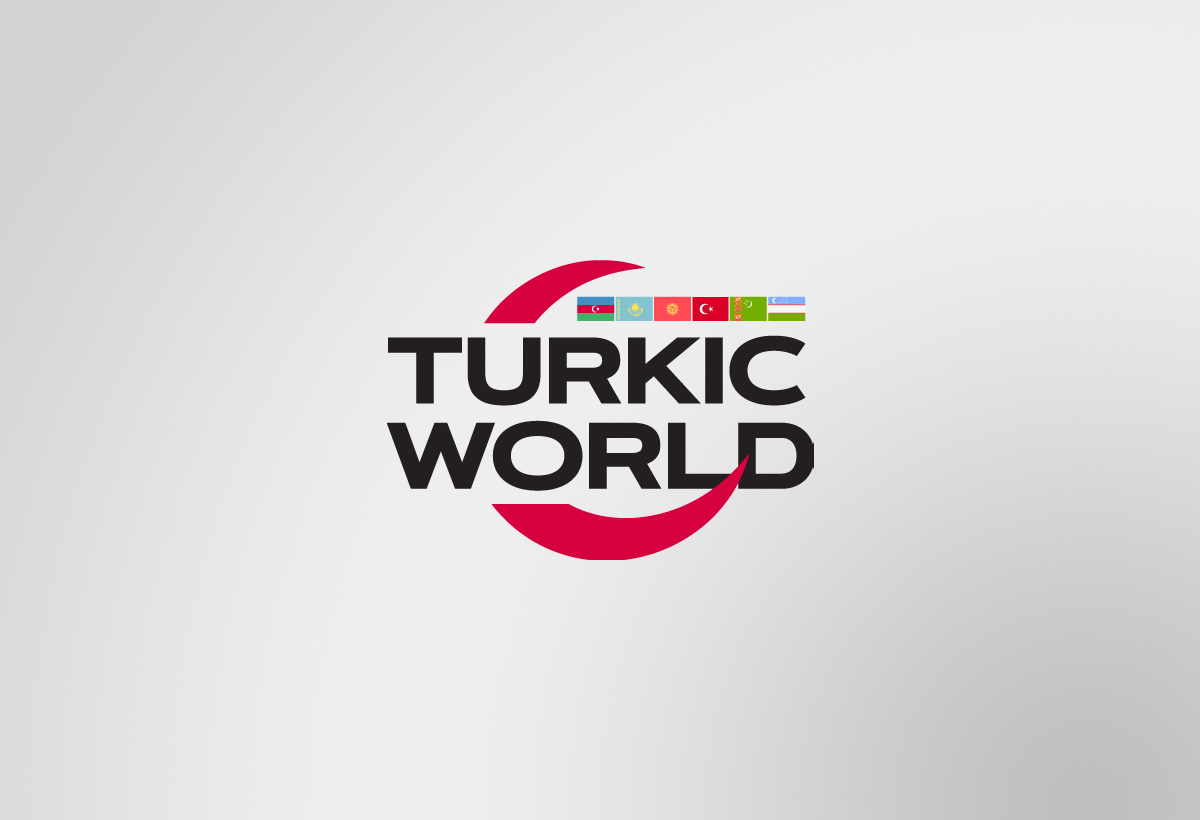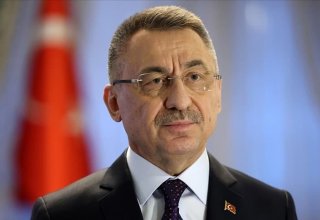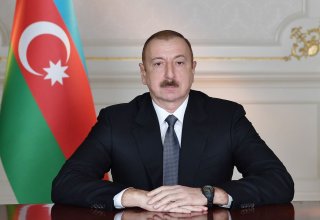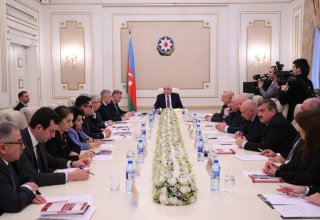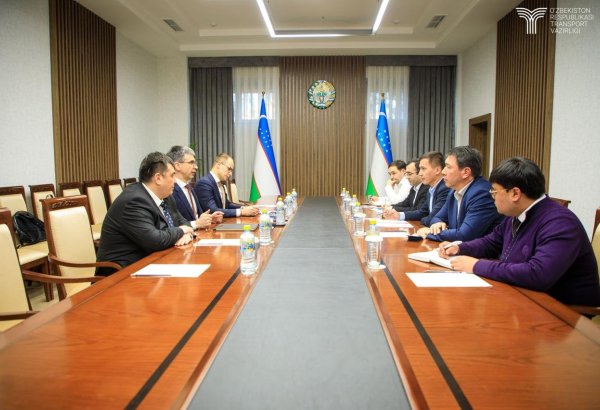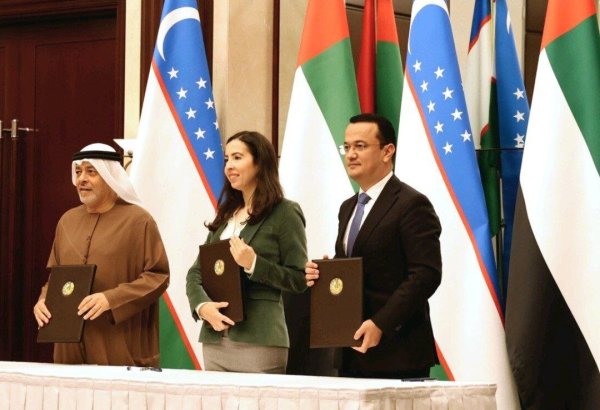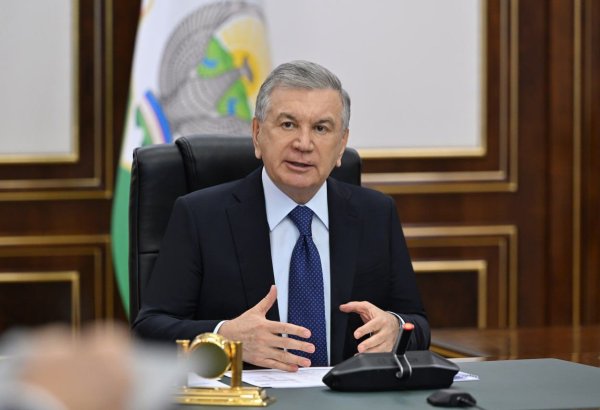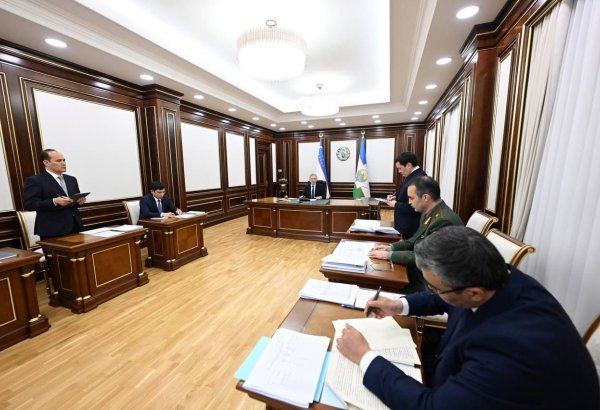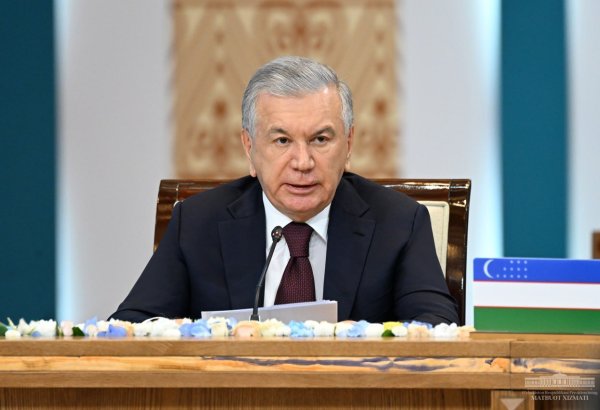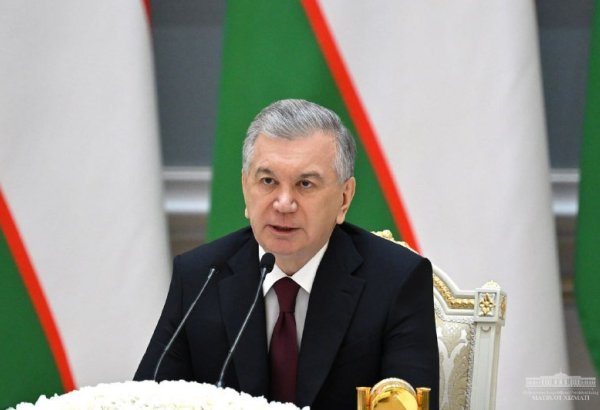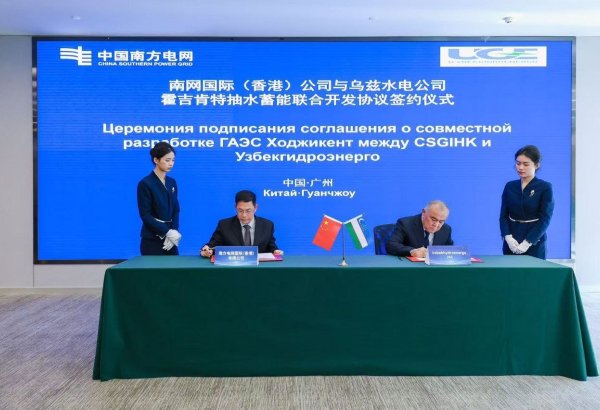TASHKENT, Uzbekistan, September 16. Uzbekistan's Minister of Investment, Industry, and Trade Laziz Kudratov and the Executive Director of the Eastern Committee of Germany Michael Harms signed a program for technological and industrial collaboration between Uzbekistan and Germany for 2024-2026, TurkicWorld reports.
The document was signed during a round table, which included the participation of Uzbekistan’s Deputy Minister of Investment, Industry, and Trade Akram Aliev, the Samarkand region’s governor Erkinjon Turdimov, leaders of relevant ministries and agencies, as well as heads of major companies from Uzbekistan and Germany.
During the meeting, the parties discussed practical aspects of the extensive reforms carried out in Uzbekistan to improve the investment climate, including tax reductions, the abolition of customs duties on 8,000 items, the removal of licensing requirements for several activities, and legislative protection of investors' rights.
Representatives from both countries highlighted the results of this work, including a threefold increase in foreign direct investment since 2017, consistent economic growth of five percent, industrial growth of eight percent, and a doubling of exports. One of Uzbekistan's main goals is to reach a GDP of $160 billion with a per capita income of $4,000 and to join the World Trade Organization.
The parties emphasized the importance of deepening constructive, mutually beneficial partnerships. A significant impact is expected from combining Uzbekistan’s rich natural resources and skilled labor force with Germany’s technological and industrial potential.
During the meeting, presentations were organized on the investment potential of the country's electrical, mechanical engineering, and chemical industries.
German company leaders shared their vision and plans for entering the Uzbek market, offering concrete proposals and areas for joint work.
As a result of the meeting, several agreements and contracts were signed in the fields of copper production, medical devices and personal hygiene products, textiles, the development of professional training systems, employment opportunities for Uzbek citizens in German enterprises, the creation of a modern logistics center, and educational and financial-technical cooperation.








